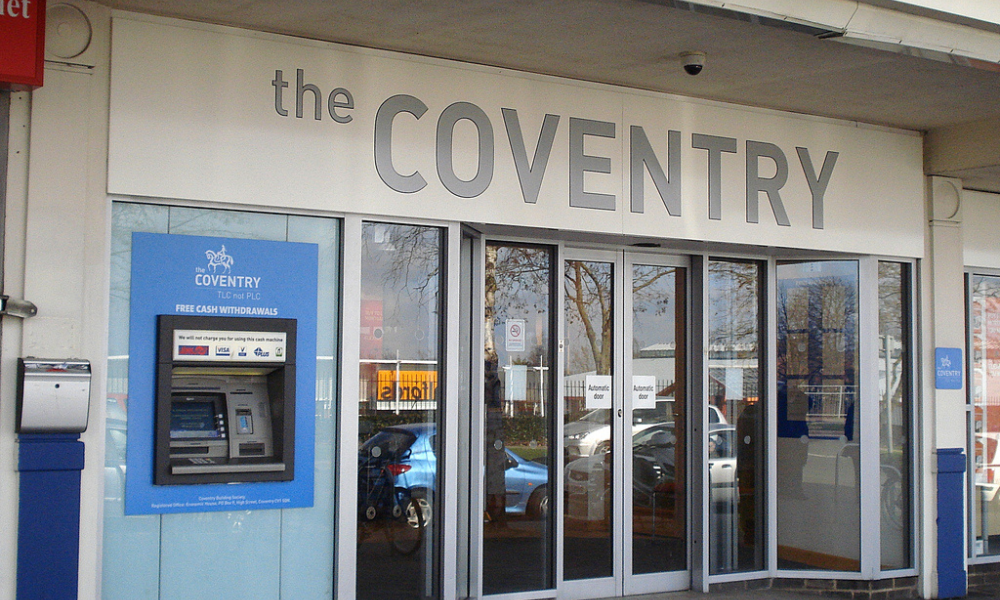Is this the beginning of the end of interest rate cuts?

Even speculation about the new Labour government’s plans could put a serious damper on what was starting to look like some promising news from the property market. Even though house prices have surged recently, and nearly hit previous records, reports that suggest Reeves might relax her borrowing rules to fund increased investments in the Budget on October 30, have led to a sharp jump in the 10-year gilt yield from 3.75 percent in mid-September to 4.2 percent – bumping up the cost of lending for home lenders.
The country’s second largest mutual lender, Coventry Building Society has broken ranks and is one of the first home lenders in recent weeks to raise mortgage rates, in what could be a sudden end to an interest rate cut war for market share.
The building society has adjusted a range of residential rates, influenced by the recent surge in swap rates which haven’t been helped by the tensions in the Middle East and a rise in oil prices. This includes hikes across all fixed rates for loan-to-value (LTV) ratios between 65% and 75% for both new and existing customers. The lender had cut rates in July, and more recently in September when it cut residential rates by 19bps and slashed Buy-to-Let by up to 45bps.
Ben Perks, Managing Director of Orchard Financial Advisers, told FT Adviser that this move had dashed any further hopes of a rate war, predicting that “more rises are on the way from big lenders.”
Although Andrew Bailey, governor of the Bank of England had recently said that he thought there was a chance of the bank becoming “a bit more activist” in cutting rates, the Bank’s Chief Economist Andrew Pill has said that he thinks that a "restrictive monetary policy stance" needs to be maintained to keep inflationary pressures in check. Brokers have already told Mortgage Introducer that such a move would maintain a significant hardship for their mortgage customers.
The building society, which has recently been involved in a planned takeover of Co-Op Bank, said the rate rises were to "maintain a competitive position" for the society. It suffered a profit plunge earlier this year as it geared up for the takeover, seeing profits fall to £159m, down from £269m the previous year due to what it called an "exceptional operating environment".
Coventry is expecting to complete the £780m deal to buy The Co-operative Bank in the first quarter of 2025. The combined business will have millions of customers and about £89bn worth of assets.
In the first two quarters of 2024, Coventry's mortgage book grew by 2.2% to £51.4bn and savings balances grew by 2.6% to £48.8bn, however net interest margin rates fell to 1.05%, down from 1.34% in 2023’s figures.
Chief Executive Steve Hughes said that Coventry had "grown mortgages and savings in a market where economic uncertainty persists". He also said that the lender had "recorded a strong financial performance in the first half of 2024" and was "making good progress to complete the acquisition of The Co-operative Bank".
Coventry Building Society, founded in 1884, has grown into the second-largest building society in the UK, with assets surpassing £62 billion as of December 2023. Headquartered in Coventry, England, it is a mutual organisation and a member of the Building Societies Association, with over 1.6 million saver-members and approximately 460,000 borrower-members.
The society is overseen by David Thorburn, appointed as chairman in 2022, and CEO Steve Hughes, who joined after previous roles at the Principality Building Society and Lloyds Banking Group.



